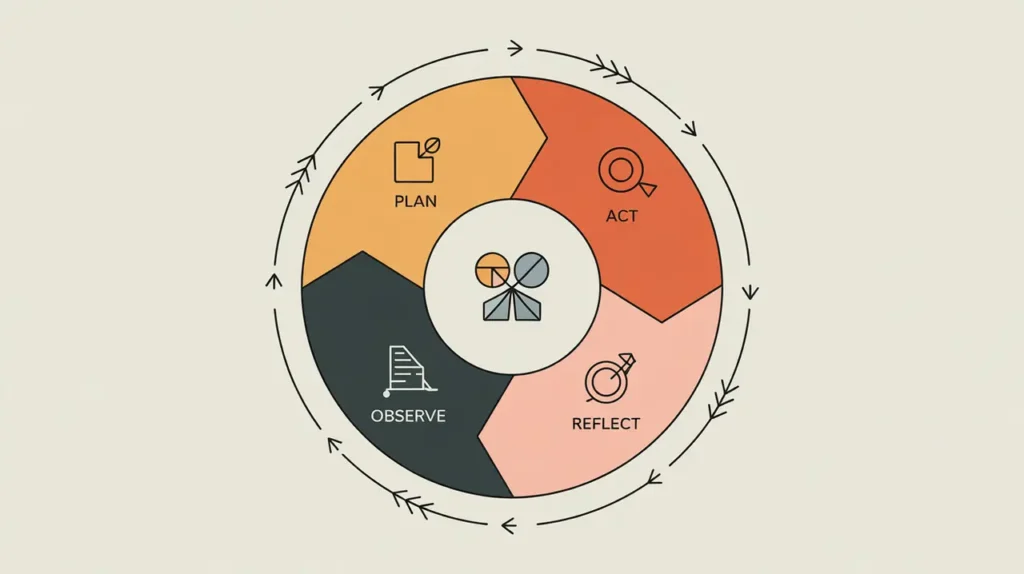Importance of Applied Research
Applied research translates knowledge into practical solutions for specific problems. It is important because addressing social, environmental, and economic challenges requires evidence-based interventions that are grounded in real-world contexts. In development and social innovation, applied research matters because it bridges theory and practice, ensuring that innovations are informed by data, relevance, and feasibility.
Definition and Features
Applied research is systematic inquiry aimed at solving concrete problems or improving processes, policies, or products. Its defining features include:
- Problem Orientation – focused on specific, real-world challenges.
- Practical Application – generates knowledge directly usable in practice.
- Evidence-Based – informs decision-making for programs, policies, or innovations.
- Interdisciplinary – often integrates methods across fields to address complex issues.
- Short-to-Medium Horizon – results are expected to guide interventions in the near term.
How this Works in Practice
In practice, applied research may include testing new agricultural techniques for smallholder farmers, evaluating the effectiveness of digital health tools, or developing scalable literacy programs. For example, research on the impact of conditional cash transfers has directly influenced global social protection policies. Challenges include balancing rigor with timeliness, adapting findings to diverse contexts, and securing funding that values both experimentation and implementation.
Implications for Social Innovation
Applied research strengthens social innovation by turning knowledge into actionable solutions. For practitioners, it provides evidence to design, adapt, and scale interventions. For funders and policymakers, it reduces risk by grounding investments in tested approaches. Applied research can ensure that innovation is both relevant and effective, accelerating progress toward systemic change.







